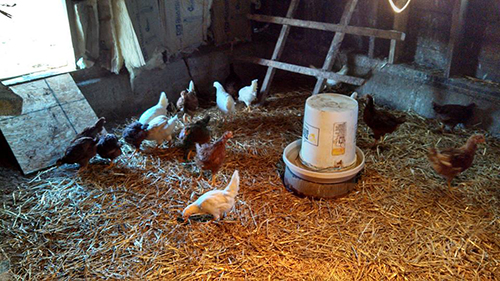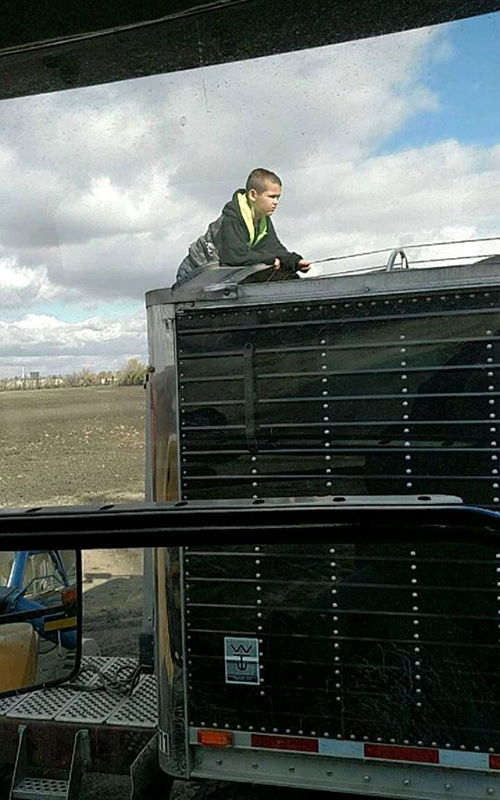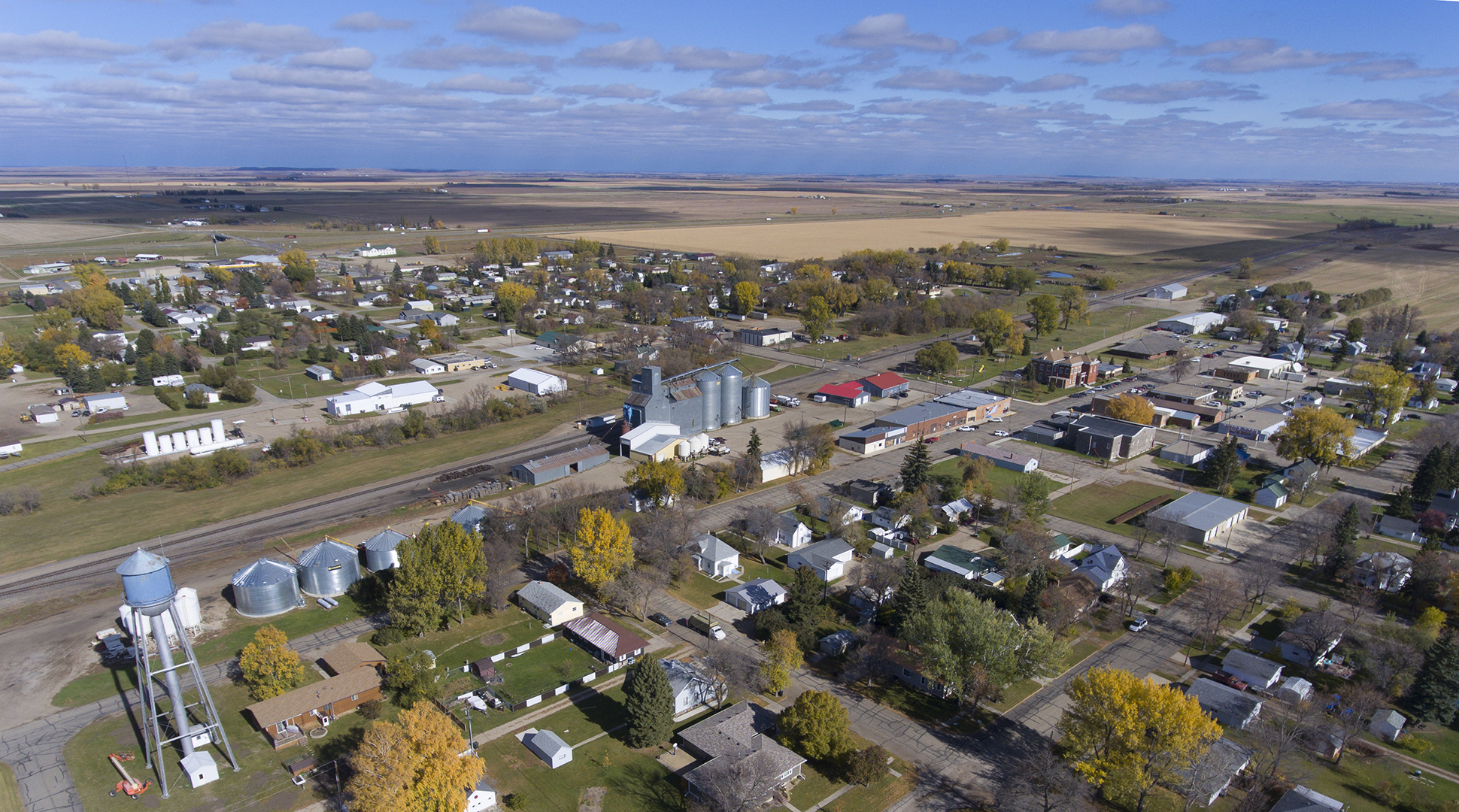By Carie Moore
The saying is true for those in agriculture…"The farmer is the only one who buys at retail, sells at whole sale, and pays freight both ways.”
As consumers, we all want food we can afford; the more money we save on our food bill, the more we can spend elsewhere. Just like with gas, propane and other resources we need but depend on someone to produce, collect and supply them.
As farmers, oil workers, and other similar professions, we appreciate getting top dollar for our hard work. This allows us to spend more money in our communities. When prices are low, we suffer financially and so do our local businesses.
Generally, it’s the opposite for consumers. When you pay less for a carton of milk, eggs, or ground meat, it means the farmer also got paid less for his/her product.

Many rural towns depend on farmers to support those small communities. Perishable commodities, unlike crops, cannot be stored until prices rebound. For example, low milk prices are great for consumers but also why many small dairy farms are wondering how much longer they can sustain themselves.
Many people don't support large-scale farming but want cheap food. Here’s the reality: You can’t have both. Costs are higher for small farmers. Just like if you were to buy 12 eggs or 60; the more you buy the cheaper they are. When you only have so many animals to feed you can't take advantage of bulk discounts. It’s the same for seeds and chemicals. If you want to buy 60 eggs instead of 12, then you need more chickens producing eggs, which means bigger facilities, which also allows for you to spread profit/loss over a wider base.
For the truck driver and processor, driving to one large farm to pick up milk or eggs instead of five small farms saves fuel, time, and wear and tear on the truck — thus saving you money. It’s a trickle effect.
Crop and livestock farms find themselves on opposite ends of the price equation. If crop prices are high, that makes for happy growers. If crop prices are low, that equals cheaper feed for happy livestock producers.

As a crop grower, livestock producer, and consumer, who wins and who loses? They all affect the economy directly. Some farmers diversify so when crop prices are low, they have the livestock to fall back on and vice versa.
Consumers have choices, but those choices have a direct impact on the ag industry. So many families who used to buy gallons of milk in the store, or at their favorite coffee shop, have opted for soy, almond, and coconut replacements. Even small changes lead to different results.
Choice. Price. Community. Economics. Some are feasting while others are fasting.
